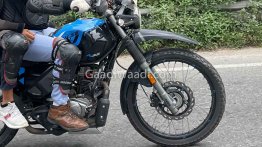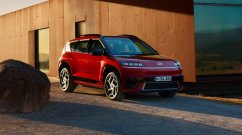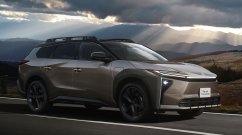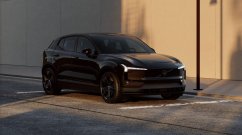While Toyota imported its Mirai FCV in India for tests and market feasibility study, Honda too might be having a surprise for the Indian market in the form of third-gen Insight. The hybrid sedan was spotted undergoing tests on the Indian roads for the very first time, courtesy RushLane.
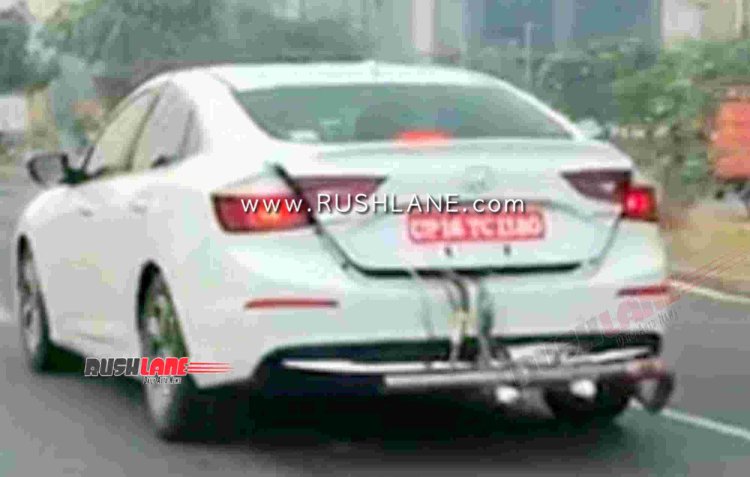
The Indian government's latest policies have been burdening the automakers to introduce cleaner hybrid/electric vehicles. While Tata, MG and Mahindra have already figured out the layout of their future electric offerings for India, the manufacturers like Toyota and Honda believe that electrics aren't the right solution to the current mobility needs, and hybrids will play an important bridging role. The Honda Insight hybrid sedan may be a step in the very same direction.
On the outside, the Honda Insight looks like a proper blend of the tenth-gen Honda Civic and the tenth-gen Honda Accord. While its exterior profile unmistakably resembles that of Civic's, the front-end design looks inspired from the current Accord. At the rear, its wraparound tail lamps complements its clean and minimalistic design.
The current-gen Honda Insight's hybrid powertrain system comprises 1.5-litre Atkinson cycle petrol engine and an electric motor (AC PMSM). An e-CVT transfers power to the wheels. The system is capable of producing 151 PS of maximum power, and propels the sedan from 0-100 km/h mark in 7.7 seconds.
Its safety kit packs features such as Collision Mitigation Braking System, Road Departure Mitigation System, Adaptive Cruise Control, Lane Keep Assist, Traffic Sign Recognition System, Auto Highbeam headlights, VSA, TC, ABS with EBD, TPMS and more.
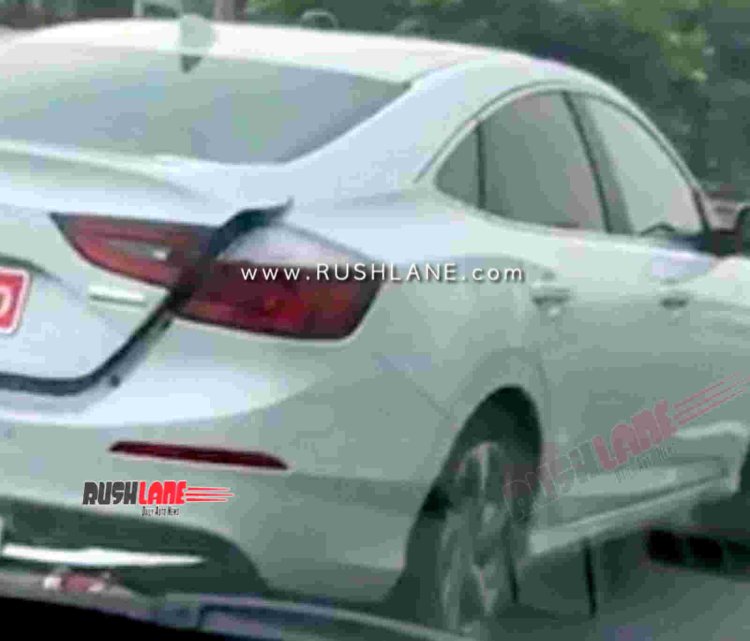
Also Read: BS-VI Honda City pre-bookings commence, likely to be launched this month
The chances of Honda Insight hybrid making into the Indian market are slim, because of its costlier proposition which may not go down well as per the Indian market taste. Also, when asked upon the future prospects of the Insight hybrid or the Jazz electric. Honda quoted, “There are no plans to launch the Honda Insight in India. We keep testing various models of different powertrains to collect data in different conditions with respect to traffic, weather, road infrastructure etc. We are committed to follow government’s direction to realize a future of low – carbon mobility that will reduce greenhouse gas emissions and these studies are towards that endeavour.”
[Source: RushLane]










